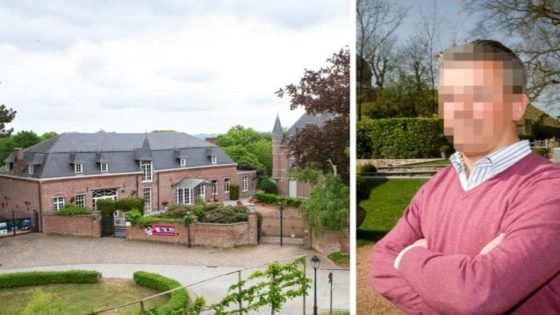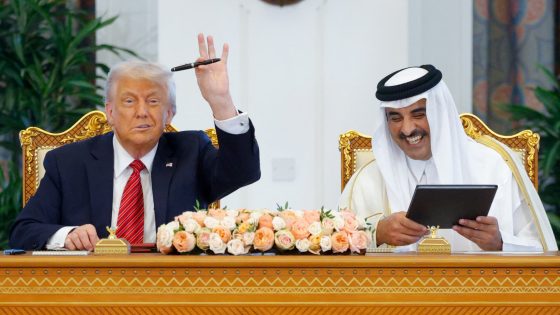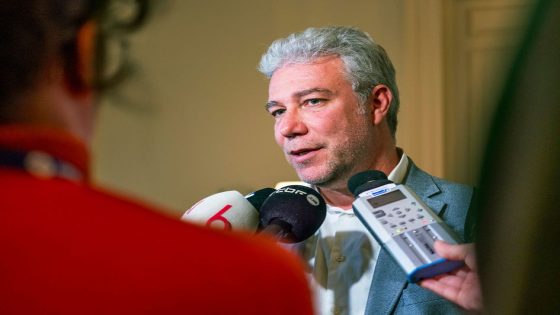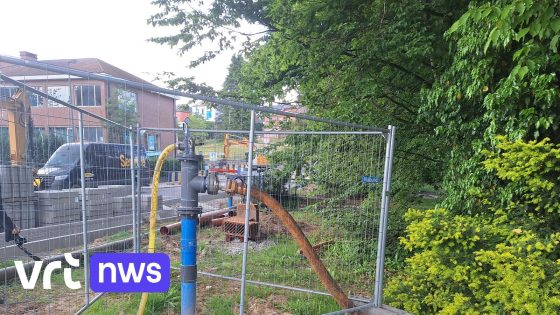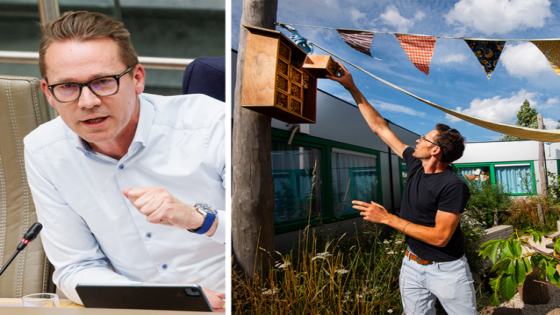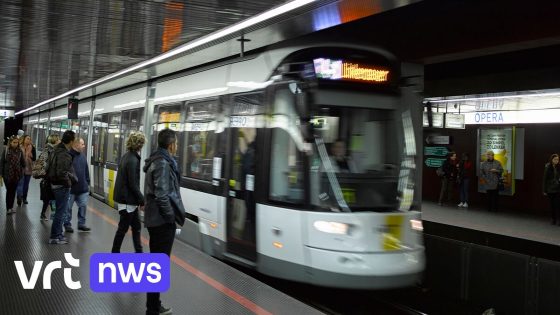The recent controversy in Bruges over a city-produced video has sparked heated debate about language use in public communication. On 2025-05-27 15:02:00, a video surfaced featuring an AI-generated character speaking Arabic, inviting young people to participate in a survey about the Daverlo sports park. While the initiative aimed to boost youth engagement, the choice of Arabic instead of Dutch has drawn sharp criticism from local politicians.
- N-VA and Vlaams Belang criticize Arabic video
- Video invites youth to survey in Arabic
- Maaike De Vreese cites language law violation
- Stefaan Sintobin plans complaint to language commission
- Mayor De fauw calls it a mistake
- City aims to remove video promptly
Representatives from N-VA and Vlaams Belang have condemned the video, calling it a clear violation of the Flemish language law. The debate raises important questions about how municipalities should balance inclusivity with legal language requirements. How far can local governments go in using different languages for outreach without crossing legal boundaries?
With tensions rising over this language issue, it is worth exploring the implications for future communication strategies in Flanders and what steps the city of Bruges might take next.
Does this incident signal a broader challenge for multilingual communication in Flemish cities? The controversy highlights the delicate balance between respecting language laws and engaging diverse communities:
- Flemish language law mandates Dutch for official communication in Flanders.
- Political parties argue the Arabic video undermines efforts by newcomers to learn Dutch.
- The city attributes the issue to a human or programming error within a European participation project.
- Calls for formal complaints to language oversight bodies are underway.
Moving forward, Bruges and other municipalities must carefully consider how to foster inclusion without violating language regulations. Will this lead to stricter controls or more nuanced approaches to multilingual outreach? The coming weeks will be crucial in setting a precedent for local government communication across Flanders.





